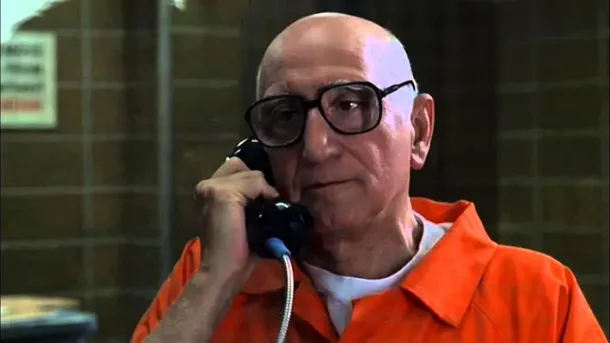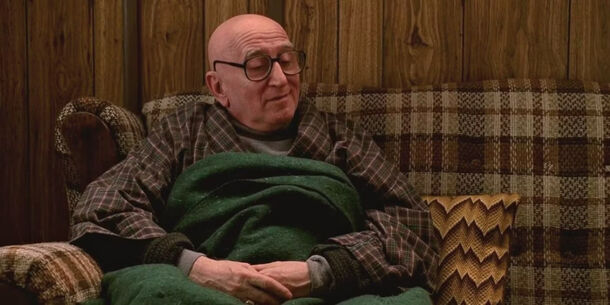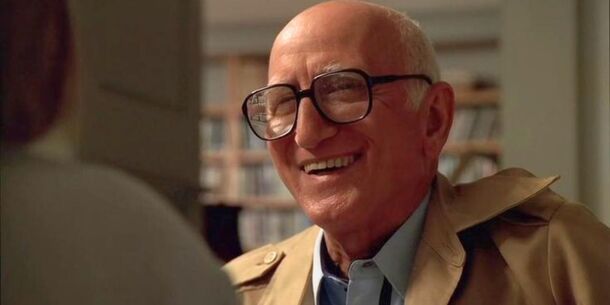Who Was Tony Soprano’s Most Dangerous Rival? You Might Be Surprised

This character is terrifying and yet strangely pitiful.
Tony Soprano, the legendary mafia boss in HBO’s award-winning The Sopranos, had plenty of rivals over the years, but Corrado "Junior" Soprano was in a league of his own.
Wise, unpredictable, and terrifying, Junior could make you laugh one moment and freeze in fear the next. Rewatching The Sopranos revealed just how tragic and complex this ageing mobster is.
Between his dementia, paranoia, and flashes of old-school Mafia ruthlessness, Junior became one of the most compelling characters in this iconic crime series.

Why Junior Is the Most Tragic Character in The Sopranos
Junior spent most of his life in the shadow of his more ruthless brother, served time in prison, and then became capo and the boss’s deputy. For a brief period, he was officially considered the head of the family, though real power had shifted to Tony.
Junior represents the "Old School Mafia," clinging to the rules and culture of 1960s Newark, making his story both tragic and fascinating in this crime drama.
Pride, Ruthlessness, and Fragile Health
Junior’s pride was deadly. He hated sharing territory, money, or respect. Even a small slight could lead to violence, like ordering the death of Dickie Moltisanti for laughing at him during a funeral.
.jpg)
Beneath his ruthless exterior, dementia and strokes made him increasingly vulnerable. At one point, he even mistook Tony for Kennedy’s assassin and fired at him. The Sopranos shows this contrast brilliantly, blending tension, dark humour, and tragedy in a way few crime series manage.
Loneliness and the Final Days of Junior in The Sopranos
While still lucid, Tony forgave Junior’s outbursts, but dementia pushed him too far. Committed to a psychiatric facility, the once-feared mobster was left alone, forgetting his past, while his family feared Tony’s wrath. This moment captures the deep tragedy of The Sopranos, blending human vulnerability with Mafia drama.
The Real-Life Inspirations Behind Junior
Junior’s character drew from real New York mobsters like Peter Gotti and Giovanni Ruggiero. Even his ruse of feigning illness to avoid trial was inspired by Vincent Gigante, who wandered the streets pretending to be insane.

HBO’s The Sopranos adapted these real-life tales, blending reality and fiction to create an unforgettable mobster story.
The Shakespearean Finale of Junior in The Sopranos
Junior’s final scenes are almost Shakespearean. Tony briefly sets aside old grudges and reminds him they once controlled North Jersey. Junior, staring into the void, replies: "Well, that’s nice".
This perfectly encapsulates the mix of comedy, tragedy, and tension that makes The Sopranos one of the greatest HBO series of all time.
